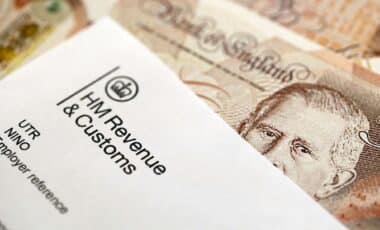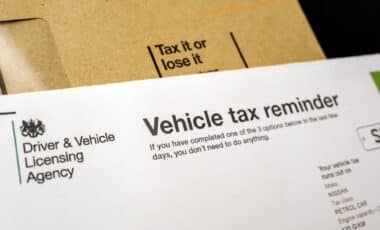From April 2025, electric vehicle (EV) owners in the UK will be required to pay Vehicle Excise Duty (VED) for the first time, ending a long-standing exemption. The move aligns EV taxation with petrol and diesel vehicles, adding a new financial burden for millions of drivers.
However, motorists can delay these charges by renewing their vehicle tax before April 2025, postponing their first payment until March 2026. This could save EV owners £195 for the year, a significant incentive as road tax rules change.
End of tax exemption for electric vehicles
Currently, owners of electric vehicles do not pay VED, a tax that applies to most other road users. This exemption has been a major incentive for the transition to electric transport, alongside government grants and lower running costs. However, in an effort to standardise taxation and offset declining fuel duty revenues, the UK government will introduce VED charges for EVs from 1 April 2025.
Under the new system, EVs will be subject to the same annual rate as petrol and diesel vehicles, which is currently set at approximately £195 per year. According to gov.uk, electric cars will also become liable for the ‘expensive car supplement’ if their list price exceeds £40,000. This additional charge applies for five years after registration, costing owners an extra £425 annually on top of standard VED rates.
This change is part of a wider strategy to recoup lost tax revenues as the transition to cleaner transport accelerates. According to the Treasury, the UK’s shift away from petrol and diesel vehicles is expected to significantly reduce fuel duty income, which currently generates tens of billions of pounds per year.
How EV owners can delay paying tax
While the new tax charges will come into force in April 2025, EV owners can postpone their first payment for up to a year by renewing their vehicle tax early. This allows them to extend their existing exemption until March 2026, effectively deferring the additional cost.
Jonathan Such, motoring expert at First Response Finance, explained: “By renewing your vehicle tax before April 2025, you could avoid paying VED for an extra year, saving yourself £195 or more.” He added that drivers could easily do this via the UK Government’s website, using their registration number and V5C Registration Certificate (logbook).
For many EV owners, particularly those who purchased their vehicles based on cost-saving incentives, this could offer a valuable financial reprieve before the tax changes take full effect. However, for those planning to buy a new EV, these new charges will apply immediately upon registration if the vehicle is purchased after April 2025.









